14 results in Advances in Molecular and Cellular Microbiology
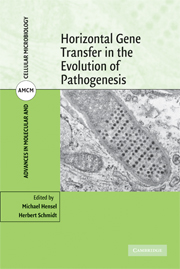
Horizontal Gene Transfer in the Evolution of Pathogenesis
-
- Published online:
- 16 September 2009
- Print publication:
- 30 June 2008
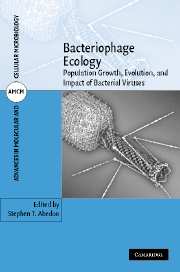
Bacteriophage Ecology
- Population Growth, Evolution, and Impact of Bacterial Viruses
-
- Published online:
- 29 September 2009
- Print publication:
- 01 May 2008
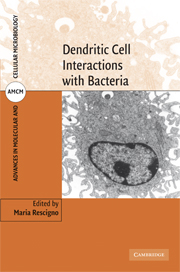
Dendritic Cell Interactions with Bacteria
-
- Published online:
- 12 August 2009
- Print publication:
- 19 April 2007

Bacterial-Epithelial Cell Cross-Talk
- Molecular Mechanisms in Pathogenesis
-
- Published online:
- 12 August 2009
- Print publication:
- 07 September 2006
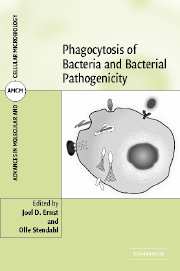
Phagocytosis of Bacteria and Bacterial Pathogenicity
-
- Published online:
- 07 August 2009
- Print publication:
- 07 September 2006
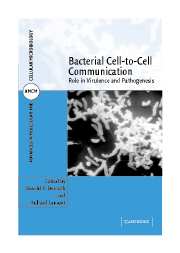
Bacterial Cell-to-Cell Communication
- Role in Virulence and Pathogenesis
-
- Published online:
- 08 August 2009
- Print publication:
- 23 February 2006

Salmonella Infections
- Clinical, Immunological and Molecular Aspects
-
- Published online:
- 04 December 2009
- Print publication:
- 09 February 2006
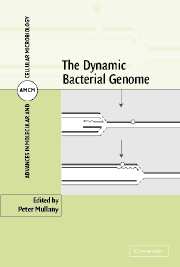
The Dynamic Bacterial Genome
-
- Published online:
- 06 August 2009
- Print publication:
- 26 September 2005

Bacterial Protein Toxins
- Role in the Interference with Cell Growth Regulation
-
- Published online:
- 15 September 2009
- Print publication:
- 10 January 2005

Bacterial Invasion of Host Cells
-
- Published online:
- 21 August 2009
- Print publication:
- 29 March 2004

Susceptibility to Infectious Diseases
- The Importance of Host Genetics
-
- Published online:
- 14 August 2009
- Print publication:
- 22 December 2003
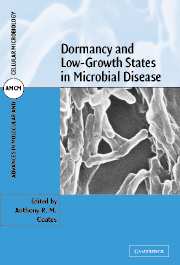
Dormancy and Low Growth States in Microbial Disease
-
- Published online:
- 18 August 2009
- Print publication:
- 02 June 2003

Bacterial Evasion of Host Immune Responses
-
- Published online:
- 13 August 2009
- Print publication:
- 28 April 2003

Bacterial Adhesion to Host Tissues
- Mechanisms and Consequences
-
- Published online:
- 08 October 2009
- Print publication:
- 14 March 2002



